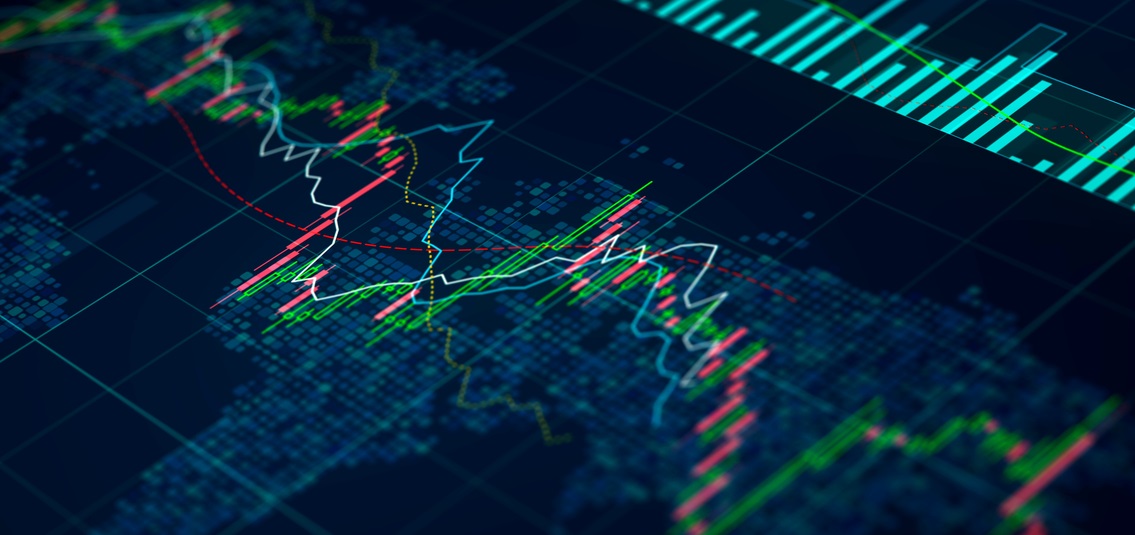“As group principal economist for NatWest, my role is always to analyse the world we live in, discover the most important trends that are affecting our customers, and then we can build an organisation that can best respond to them. Because the impact of Covid-19 will be so huge, for this project I tried to use the insight of as many people as I could. Crowdsourcing this information helps us to discover the megatrends that will be affecting businesses for a generation.”
Many businesses are struggling just to stay open at the moment.
Why do you think they should be thinking about the long term?
“A lot of businesses are firefighting on a daily, even hourly, basis. But having a good plan is a frame of reference, and tapping into those wider powerful trends enables your business to adapt along the way. That’s why it’s important for all businesses to think about the medium and long term too.”
How much confidence can we put in any forecast of more than a few weeks at the moment?
“No one knows the future. We know more than we did back in March 2020, but we still don’t know very much. But what we do know provides us with a set of reasonable possibilities for important questions, like who my future customers will be, or what’s happening to digitisation. All those things, combined, will guide us to make better decisions now.”
Your argument is that many of the changes are a speeding-up of existing trends. But for individual company strategies, or in some sectors, everything has changed. How do you reconcile the two?
“Clearly, we have to distinguish between the general and the specific. There are some sectors and locations that serve a particular demographic that are going to be hit more by these dislocations and need to deal with that. But we can all step back in this chaos, identify these pre-existing trends and think, ‘Where do I need to upgrade? What do I need to focus on?’ and, importantly, ‘What can I leave for another day?’”
We see the government becoming more involved in our lives. Is this closer relationship between governments and individuals, businesses and sectors going to be a permanent change?
“I think so. A crisis like this requires a different way of thinking. The specific requirements of managing Covid-19 show the need to share more information with each other, between ourselves and businesses, and between ourselves and government. But that trend was happening anyway: we see from research that younger people already tend to look for more activist government.”
So are big tech companies going to play a more integral role in our lives?
“I believe they have been already. This is a good example of Covid-19 being an accelerant because the need to get this right has intensified. If we have to live with the virus for a long time, we need much better sources of information to manage it and live our lives at the same time.”
If more people want to work flexibly, or from home, can this be a good thing for some businesses?
“More people working from home is generally a good thing for both employees and employers. It’s about adapting on both sides. Clearly, firms need to ensure physical health, good mental health and good attitudes. But they can look at their physical presence and say, ‘What do we need now?’ The knowledge economy has tended to take place in city centres, clusters, places where people get together to exchange ideas. If it can be replicated in the digital space, I think those physical spaces will become much more social spaces. I am certain there is plenty of research that can be done into ensuring digital space better replicates the benefits of physical presence.”

